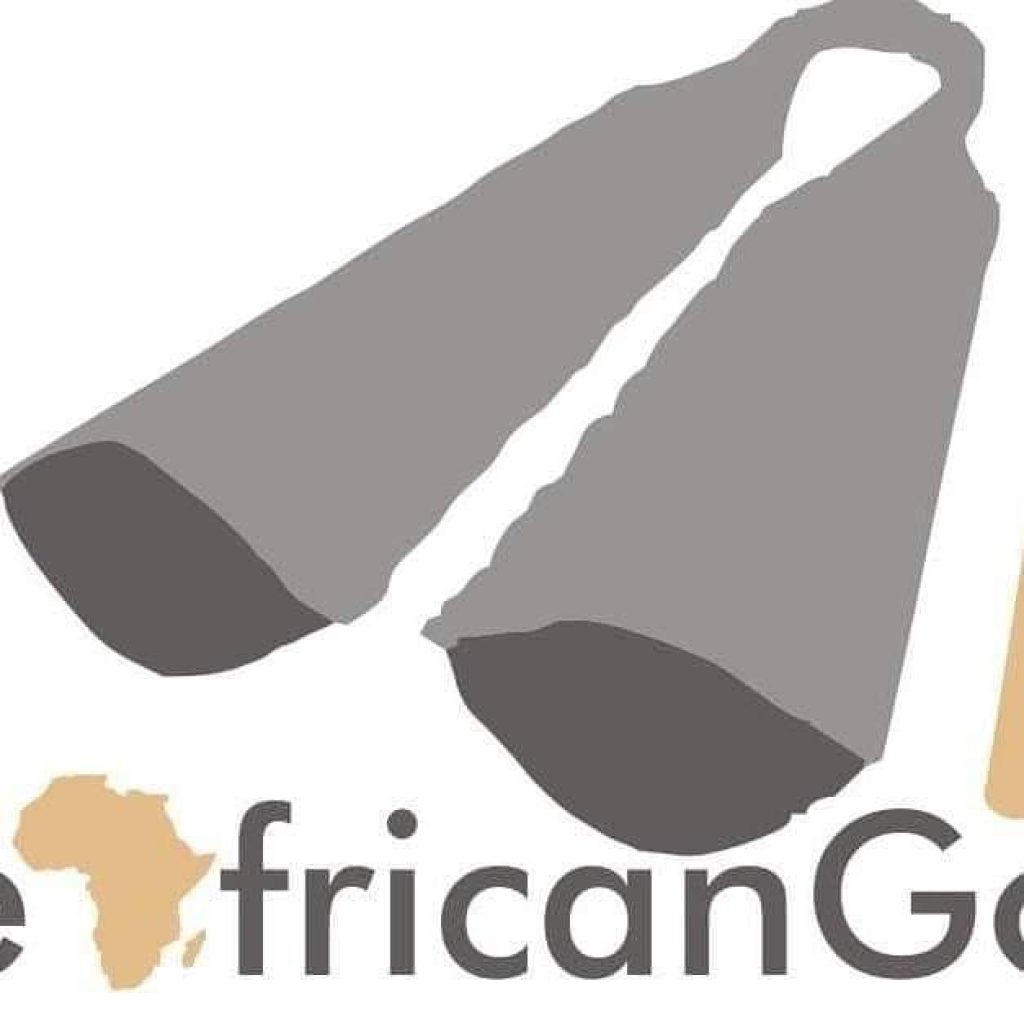
… Says It will Enhance Maritime Security and Blue Tourism
Chairman of BRACED Tourism Promotion & Development Initiative (BTPDI) Board and immediate past Senior Special Assistant to the Bayelsa State Governor on Tourism, Dr. Piriye Kiyaramo has thrown his weight behind the Nigeria Coast Guard Bill before the National Assembly.
Dr. Kiyaramo who is the publisher of the Blue Economy Magazine, holds the view that the Bill, when eventually passed into law would boost maritime security and blue tourism activities within Nigeria’s vast coast, informing that nation’s coastline, measuring about 853 kilometres with 10,000 kilometres of inland waterways were critical areas that require adequate protection.
He added that: “This bill, which is currently before the National Assembly, aims to establish a dedicated national coast guard service to protect our marine resources and ensure the safety of individuals engaged in tourism activities on the nation’s waterways.”
Dr. Kiyaramo who also doubles as National Publicity Secretary of the Association of Tourism Practitioners of Nigeria (ATPN), emphasized the importance of coast guard bill in safeguarding the country’s marine ecosystem to promote blue tourism operations within coastal waters, noting that the proposed coast National Guard Service will play a vital role in preventing sea piracy, smuggling, and illegal unregulated and unreported fishing which hinder growth of the maritime sector.
“The establishment of a coast guard is expected to enhance maritime security, facilitate search and rescue operations, and protect the marine environment and in turn, boost blue tourism activities, create jobs, and stimulate economy,” Dr. Kiyaramo reiterated.
Meanwhile, the Minister of Marine and Blue Economy, Adegboyega Oyetola endorsed the bill, citing the urgent need to safeguard Nigeria’s vast coastline and inland waterways, even as he acknowledged fears of potential duplication of roles with the Nigerian Navy.
He emphasised the importance of safeguarding Nigeria’s marine resources against potential threats of pollution, overfishing, and unregulated development, reiterating that sustainable use of marine ecosystems was vital for national development

It will be recalled that the Institute for Security Studies of the National Defence College, Nigeria, in its 2015 publication highlighted the impact of illegal, unregulated and unreported (IUU) fishing in inland waterways, coastal and marine fishing zones in sub-Saharan Africa, which is estimated to cost the region approximately between $3 billion to $5 billion a year in lost revenue.
